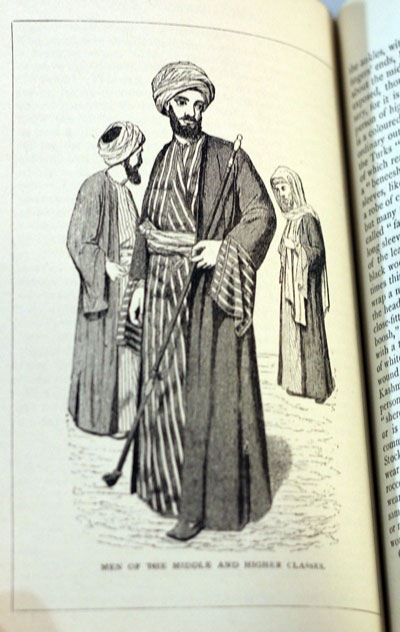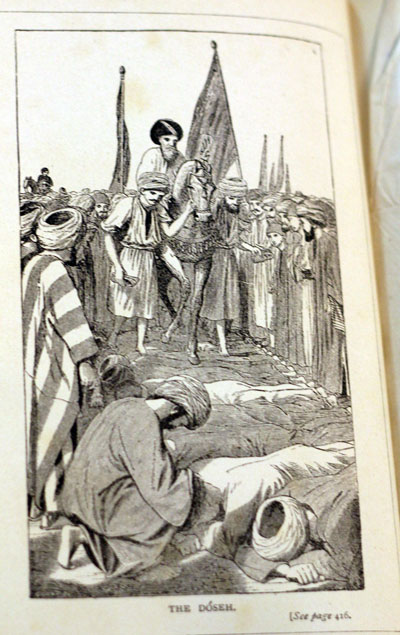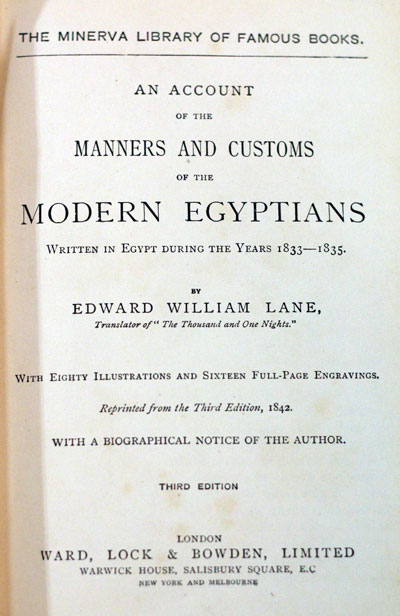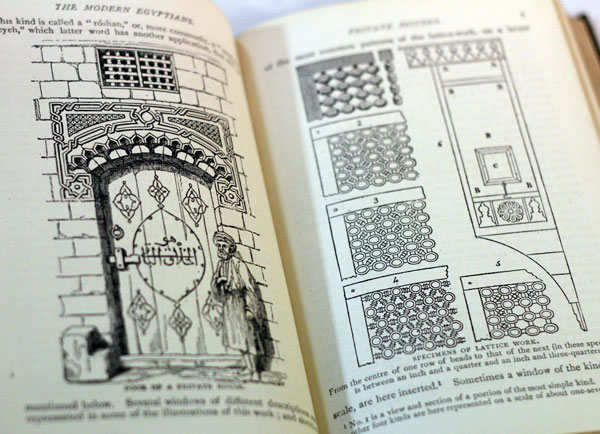A pioneering work of cultural anthropology, E.W. Lane’s study of Egyptian society has not been out of print since it was first issued in 1836. Immersing himself in Egyptian culture, Lane learned the Arabic language and adopted the Arab way of life. Written before the forces of innovation transformed Egypt, Manners & Customs of the Modern Egyptians is recognized for its wide-ranging scope of detail on daily life topics such as the nature of Islamic laws and its relation to government, birth and marriage customs, death and funeral rites, music and dancing, and the world of magic and alchemy. This distinctive work retains its power to charm and fascinate contemporary readers.
EDWARD WILLIAM LANE (1801-1876) was a British translator, lexicographer, and Orientalist. Instead of studying at college as a young man, Lane moved to London with his brother to study engraving, at which time he also began to study Arabic. When his health began failing, he moved to Egypt for a change of atmosphere and to continue his studies. While in Egypt, Lane began to study ancient Egypt, but soon became more entranced by modern customs and society. He relied on Egyptian men to help him gather information, especially on the topic of Egyptian women, on which he wrote many books. Lane also translated One Thousand and One Nights, though his greatest work remains The Arabic-English Lexicon.







